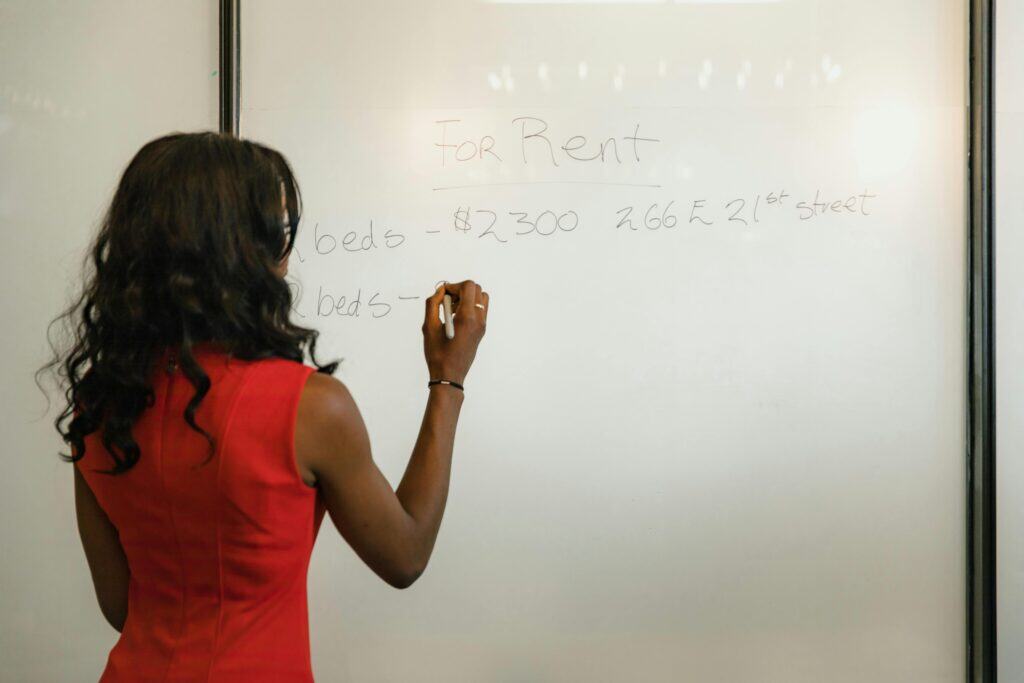2023 brings more changes to local ordinances that directly affect landlords, property owners, and overall residential property management in the city of Santa Ana. Santa Ana has new laws for 2023 governing rent control and evictions. Landlords must make tenants aware of these new laws when they start leases and/or raise rents. Here’s what you need to know.
There’s a Mandatory Rental Registry
The City of Santa Ana has a rental registry that requires all property owners to list each of their rental properties and pay an annual fee. However, landlords can offset some of these costs by charging tenants a portion of the fees (up to half). These fees help pay for the program, rather than relying on taxpayer dollars.
Rents are Capped by a Stabilization Law
For all properties built before February 1, 1995, the law limits annual rent increases to 3%, or 80% of inflation – whichever number is lower. The Consumer Price Index (CPI) from the U.S. Bureau of Labor Statistics sets the inflation rate. For residential buildings constructed after February 1, 1995 (or January 1, 1990, for mobile homes), the new law does not apply. If you don’t know the year your property was built, you can check with the City of Santa Ana. The Apartment Owners Association of California can also help you find out.
Some residential units, such as owner-occupied properties in some instances, don’t fall under the new law. You can find the list of exceptions here. The law also does not apply to mobile homes with long-term leases of longer than twelve months.
A Rental Housing Board is in the Works
A seven-member Rental Housing Board, set to kick off in July 2023, will oversee the enforcement of the new rental laws. The board will try to settle disputes between landlords and tenants outside the court system, which can be costly and time-consuming for both sides. Landlords and tenants can also agree to use third-party mediation services to resolve issues.
The 3% Cap isn’t Set in Stone
In some cases, a landlord whose property falls under the law can still increase rent beyond the 3% limit. In this case, owners must apply and petition to the board to allow rent increases past the law’s cap “to obtain a fair and reasonable return on their property.” This could be the case, for example, if rent is considerably below market value on a property that has been significantly upgraded. The board will consider petitions within 60 days of their receipt. The “Owner Fair Return Petition” is located here.
Both State and Local Laws Apply to Rental Properties
Santa Ana landlords should know that state laws also apply to some of the same areas that are covered by the new city laws. California caps annual rent increases at 5% plus CPI, with a max of 10%. Under California state law, landlords must have “just cause” for evictions that fall within the guidelines of the Tenant Protection Act of 2019. Santa Ana’s new law also has a “just cause” requirement, placing restrictions on how landlords can evict tenants who have lived at a property for over 30 days.
Other New Changes To Note
A significant condition of the new law for both landlords and tenants is that “pass-through costs” fall under the authority of the city board. Landlords can ask the board to have the tenant pay some costs for needed improvements and upgrades to a unit. Tenants may petition the board to review these costs. Tenants can also complain about habitability and necessary repairs. If you’re curious about the origination of the Santa Ana rental control ordinance, refer to our last blog post here to note the major changes since the latest 2021 ordinance to analyze what specific changes may affect you as a landlord in 2023.
How Should You Handle The Changes?
One of the surest ways to comply with the law and get the maximum profit from a property is to put it in the hands of professionals. The team at AllView Real Estate are experts in Orange County property management and can thus navigate these new laws in ways that most landlords can’t, or simply don’t have the time. From apartments and luxury homes to investment properties of all kinds, the professionals at AllView are here to help you optimize your rental. Connect with us online or call us at (949) 400-4275.



